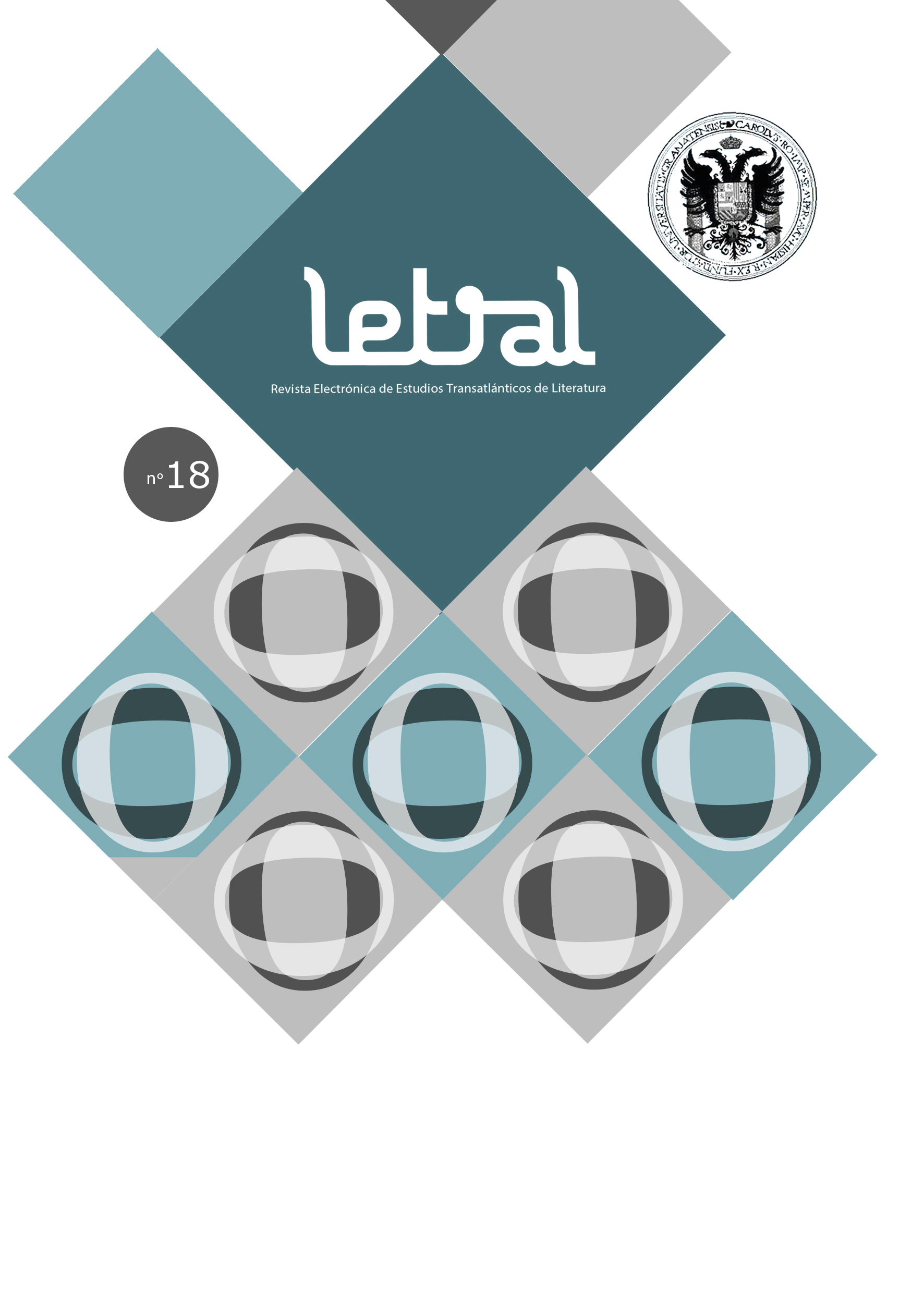¿Ha surgido una literatura postdictatorial en Cuba?
DOI:
https://doi.org/10.30827/rl.v0i18.6047Palabras clave:
Cuba, literatura, trauma, dictaduraResumen
Este artículo propone una nueva lectura de la ficción producida por los jóvenes escritores cubanos agrupados en Generación Cero desde el marco de los estudios de trauma y memoria en la literatura. Se sugiere el término “post-dictatorial” como una categoría viable partiendo de la tradición post-dictatorial latinoamericana (Idelber Avelar), para investigar el desarrollo de dicha ficción cubana reciente en paralelo a las actuales estrategias de liberación económica del gobierno cubano, así como su consecuente erosión de una memoria de violaciones de derechos humanos llevadas a cabo por su sistema totalitario. Con este objetivo, se describen varios de los mecanismos narrativos más recurrentes en Generación Cero, para indicar hacia una ficción que alegoriza los traumas históricos vividos en Cuba por el sujeto nacional durante el periodo posterior a 1959.Descargas
Citas
Avelar, Idelber (1999). The Untimely Present: Postdictatorial Latin American Fiction and the Task of Mourning. Durham, NC: Duke UP. DOI: https://doi.org/10.2307/j.ctv11smm49
Caruth, Cathy (1996). Unclaimed Experience: Trauma, Narrative, and History. Baltimore: Johns Hopkins UP. DOI: https://doi.org/10.1353/book.20656
Domínguez, Jorge (2012). Cuban Economic and Social Development: Policy Reforms and Challenges in the 21st Century. Cambridge: Harvard U David Rockefeller Center for Latin American Studies.
Dorta, Walfrido (2015). “Señales frías de la desnaturalización” http://www.diariodecuba.com/de-leer/1419269386_11964.html (accedido el 15 de junio de 2015)
Hirsch, Marianne (2012). The Generation of Postmemory: Writing and Visual Culture after the Holocaust. New York: Columbia UP.
Pardo Lazo, Orlando Luis (2009) Boring Home. La Habana: Ediciones Lawtonomar.
--- (ed.) (2014) Generation Zero: An Anthology of New Cuban Fiction. Pittsburg: Sampsonia Way. Pardo Lazo, Orlando Luis and Hillary Gulley (eds.) (2014). Cuba in Splinters: Eleven Stories from the New Cuba. New York: Or Books.
Price, Rachel. “Planet/Cuba (2012). On Jorge Enrique Lage’s Carbono 14: Una novela de culto and Vultureffect”, en La Habana Elegante. Disponible en: http://www.habanaelegante.com/Fall_Winter_2012/Invitation_Price.html (accedido el 15 de junio de 2015).
Quiroga, José (2005). Cuban Palimpsests. Minneapolis: U. of Minnesota P.
Rojas, Rafael (2006). Tumbas sin sosiego. Revolución disidencia y exilio del intelectual cubano. Barcelona: Anagrama.
Whitfield, Esther (2011). “A Literature of Exhaustion: Cuban Writing and the Post-‘Special Period’”, en Revista de Estudios Hispánicos, vol. 45, n.°1, 27-44.
Descargas
Publicado
Cómo citar
Número
Sección
Licencia
Revista Letral es una publicación de acceso abierto e inmediato totalmente gratuita, tanto para quien lee como para quien publica. Los autores y las autoras no pagan ningún tipo de tasa por el proceso editorial de sus artículos. Permitimos la lectura, descarga, copia, distribución, impresión, búsqueda, enlace o reutilización con fines no comerciales de todos los trabajos publicados, siempre que se citen la autoría, la revista y el órgano editor. Recomendamos encarecidamente la difusión de los artículos en redes sociales (Facebook, Twitter, LinkedIn, etc.) y científicas (ResearchGate, Academia.edu, etc.), repositorios institucionales universitarios y otros repositorios públicos, blogs y webs personales o institucionales, Google Scholar, ORCID, ResearchID, ScopusID, etc. En cualquier caso, la propiedad intelectual de los artículos y los posibles derechos económicos derivados de ellos son exclusivamente de sus autores.














